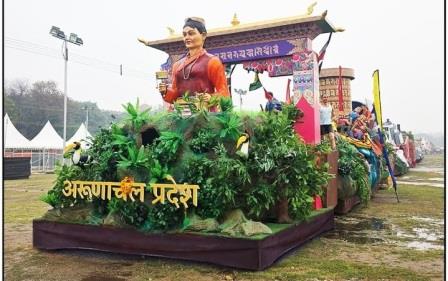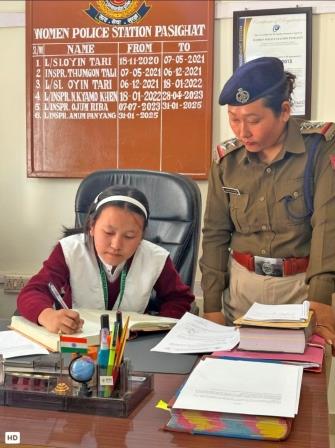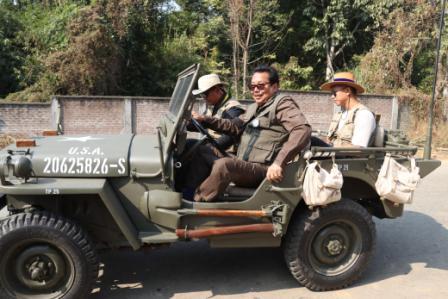-
 Arunachal tableau on R-Day spotlights state’s emergence as Adventure Capital…
Arunachal tableau on R-Day spotlights state’s emergence as Adventure Capital…
-
Etalin marks National Voters’ Day, encourages youth participation in democracy
-
Sona reviews PMGSY, VVP projects in Itanagar Circle
-
Lok Bhavan celebrates UP Diwas
-
 KGBV student leads WPS Pasighat on National Girl Child Day
KGBV student leads WPS Pasighat on National Girl Child Day
-
Meritorious students felicitated on National Girl Child Day
-
Awareness on POCSO held as part of National Girl Child…
-
Anini certifies 79 Nature Guides on National Tourism Day
-
 Startup success stories reflect potential of state’s youth: CM
Startup success stories reflect potential of state’s youth: CM
-
 Mein participates in vintage Willys Jeep Rally, inaugurates World War…
Mein participates in vintage Willys Jeep Rally, inaugurates World War…
In a significant ruling, Kerala High Court on Thursday has held that right to access to internet is part of the fundamental right to education as well as the right to privacy under Article 21 of the Constitution of India. In a queer coincidence, the verdict has hit the legal horizon of the nation at a time when there is a continuous clampdown of internet in J & K. Without doubt, this judgement, even if not related with any of J& K matters, will raise questions as to whether the on-going complete internet shutdown tantamounts to a gross violation of fundamental rights of the residents of this now bifurcated state. And as legal pronouncements go a long way in shaping policy decisions in India, it will thus be interesting to see how this verdict is going to influence the currently imposed and also any upcoming internet shutdown decision.
Kerala HC’s verdict has come in response to a petition filed by a student who had challenged her expulsion for not adhering to restrictions on the use of mobile phone. In its observation, court has said that since the right of access to internet has been upheld by the Human Rights Council of the United Nations as a fundamental freedom and a tool to ensure right to education, a rule or instruction which impairs the said right of students cannot be permitted to stand in the eye of law. It will not be hard to presume that now there will be wider ramifications after this ruling which will go well beyond the radius of the case enkindling certain queries revolving around a newly evolved ‘custom’ of suspending internet in achieving certain ‘objectives’.
While speaking about internet, it goes without saying that it is something that has become an inseparable part of the Indian way of life, urban & rural and rich & poor alike. This switch-over from a life without internet to a life exclusively dependent on it has happened in a very short span of time encompassing a huge portion of the population, catapulting the country to the rank of second largest internet users in world. But at times it has been observed that citing reasons of law and order and other causes central to public safety, internet has been subjected to ‘harsh treatments’, with intermittent and prolonged blackouts in various parts of the country. There had been protracted debates questioning the logic after every such move and after this verdict, which many among legal luminaries have termed it as ‘landmark’, it is sure that these debates will now get a new dimension.
But more importantly, there will now be a renewed hunt for finding a just mechanism that would comprehensively address the issue of internet clampdown that would not be detrimental to the stakeholders, common people being the largest one.

Kenter Joya Riba
(Managing Editor)She is a graduate in Science with post graduation in Sociology from University of Pune. She has been in the media industry for nearly a decade. Before turning to print business, she has been associated with radio and television.
Email: kenterjoyaz@easternsentinel.in / editoreasternsentinel@gmail.com
Phone: 0360-2212313

